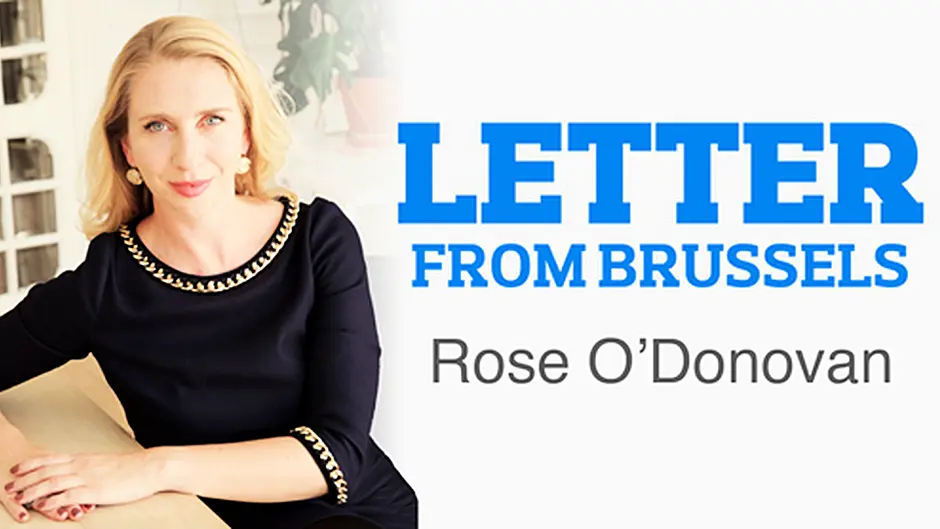Farm payments have promoted a system of increasingly-intensive livestock farming on fewer and larger holdings, with grave impacts on the climate, environment and health, according to a report published by Greenpeace
FARM payments have promoted a system of increasingly-intensive livestock farming on fewer and larger holdings, with grave impacts on the climate, environment and health, according to a report published by Greenpeace on February 12th.
Instead, the farm budget should be used to support a transition to more extensive systems using ecologically responsible diets and encourage predominantly plant-based diets, the green campaigners say. The report ‘Feeding the Problem - The Dangerous Intensification of A nimal Farming in Europe’ highlights the fact that ‘at least 71% of EU farmland’ is now dedicated to meat and dairy production, with between €28bn and €32bn of direct payments per year destined for the livestock sector.
Some 63% of arable land is used to feed farm animals. That large area, which the green NGO says is ‘often intensively cultivated with the application of synthetic fertilisers and pesticides,’ could ‘be dedicated for the most part to the production of food for people.’
EU Agriculture Policy Director at Greenpeace, Marco Contiero, said that, with scientists warning that ‘we have to cut meat to avoid environmental disaster,’ it is ‘madness to pour good money after bad into industrial animal farming.’ He added: ‘While small farms are disappearing at alarming rates, public money encourages the biggest farms to get bigger, this has to stop.’
In response, Commission sources regret that the report ‘jumps to conclusions and makes uncertain and unverified links to substantiate a dubious claim that cannot be based on facts or statistics.’ The ‘fact is that we can only know for sure which amount goes to the livestock sector with voluntary coupled support (provided under specific conditions when a sector has economic difficulties, or in areas of high natural value such as mountainous areas).’
The total amount of voluntary coupled support going to animal sectors every year on average (beef, veal, milk/milk products, sheep and goats) comes to €3.185bn, they outline, which is ‘very far from the €28.5bn to €32.6bn of CAP money put forward by Greenpeace.’
The environmental lobby’s report followed the controversial EAT Lancet study published on January 16 – conducted by 37 experts from 16 countries – which advocated a 50% drop in the consumption of red meat and a rise in the role of vegetables, seeds and pulses. The 51-page study ‘Food in the Anthropocene: the EAT–Lancet Commission on healthy diets from sustainable food systems,’ said that “civilisation is in crisis.”
• Rose O’Donovan is the editor-in-chief of the Brussels-based publication AGRA FACTS.
-----
With over 25 local suppliers, the Celtic Ross are proud to promote an ethos of sustainability and quality








